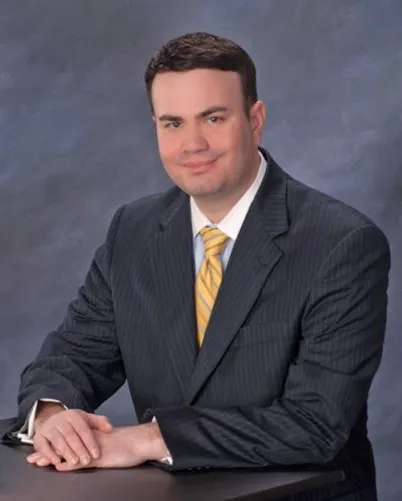Hi Everyone,
Happy Wednesday!!! I know that this week marks back to school for many of you, so I wanted to wish you all a happy new school year!!! It’s been so wonderful seeing everybody’s back to school posts and I’m hoping that everyone is having a smooth transition. Yes, September is actually upon us, YIKES!
This week my post is inspired by the one, the only, Miley Cyrus. After reading all of the headlines, and seeing her outrageous VMA performance, it got me thinking….if Miley Cyrus was your daughter, would you simply hand over your inheritance??? Chances are slim, and that’s putting it kindly!
Here are some ways you can responsibly pass your legacy to your children:
- Trust-based planning: as much as you love your children, chances are you would not like them walking around with a significant inheritance at the age of 18. Common, at age 18 what would you do with something like a $2 million dollar life insurance policy?! Remember, one of the pitfalls of passing your inheritance to your child via a will is that once the child turns 18 the court no longer has jurisdiction to control their money. The kids are free and clear to take their inheritance and do as they please. However, with trust based planning you can establish appropriate ages and stages that your child will receive their inheritance. Typical ages are 25, 30, and 35, but the possibilities are endless. This is really dependent upon the child, their perceived maturity level, and times that you feel are appropriate.
- Naming Responsible Trustees: If you choose to deliver your legacy via trust, naming responsible trustees can ensure that there will be oversight of your children’s needs, behaviors, and that money truly will be delivered when appropriate and not just on a whim as many children may like.
- The use of IF-THEN clauses: One of the greatest things about trust based planning is that you can incentivize a child’s action through their inheritance. Many values, such as religion and education, can be used to influence decision making. For example, “Harry will receive a 1/3 distribution of his trust at age 23, however, if he chooses not to go to college, then his distributions will begin at at 30.” These types of If-Then statements allow for creativity and allow you to remain a part of your child’s upbringing.
- Distribution Blocking Provisions: THIS IS A BIG ONE!!!!! “If Harry is addicted to drugs, alcohol, gambling, or (insert other vices), our Trustee SHALL NOT make distributions to Harry directly.” Enough said. I’m sure Billy Ray Cyrus could use one of these provisions right about now.
As you can see, with trust based planning you really are permitted the flexibility to reflect your values and help mold your child’s upbringing. Also, with your revocable living trust, you have the opportunity to amend the trust to ensure that it’s meeting your child’s current needs and is in line with their present lifestyle.
So, parents take notice…if you want to deter Miley Cyrus-type behavior, consider passing your legacy via your rules in your trust. 🙂
Until next time.
Wishing you and your family a safe journey,
Amy
